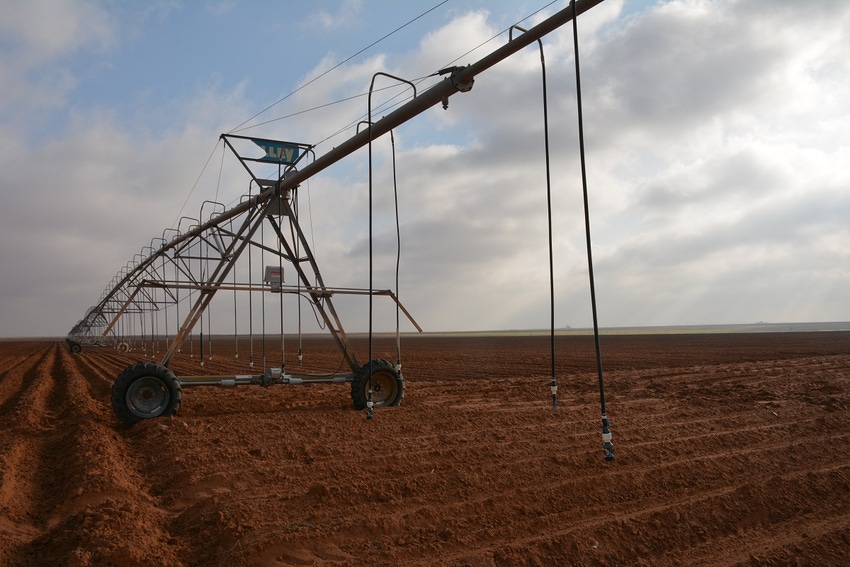
The wait over whether the U.S. Supreme Court will move forward in a federal water complaint the State of Texas filed against New Mexico in 2013 may be answered soon now that a court-appointed special master has recommended that the lawsuit be considered valid, clearing the way for the case to be heard by Supreme Court Justices.
The written complaint charges New Mexico with failure to live up to the terms of a multi-state water management agreement on how to distribute and manage the waters of the Rio Grande River.
In June the Court appointed A. Gregory Grimsal as special master in the water management case of Texas vs. New Mexico, a lawsuit that charges that New Mexico state officials have been violating an agreement set forth in the 1938 Rio Grande Compact in which Texas, New Mexico and Colorado settled on how the waters of the river would be equitably divided.
Texas officials told the Supreme Court the complaint was in direct response to legal action filed in a New Mexico State District Court and in a New Mexico Federal Circuit Court by New Mexico Attorney General Gary King when he still occupied that office. They argued that those cases effectively challenge the long-standing pact and warned that if the lower courts were allowed to rule in those cases it would threaten to change the intent of the original agreement.
If Texas should successfully defend its position in the legal action it could result in a requirement to curb groundwater pumping along the watershed in New Mexico and require New Mexico to pay as much as $1 billion in damages for water Texas should have received in recent years.
In response to the latest development in the case, New Mexico State Sen. Joe Cervantes said he was not surprised the High Court will likely proceed with the case. He said he and other state lawmakers had warned that New Mexico water users have a lot to lose if Texas should successfully make a case against them.
For the latest on southwest agriculture, please check out Southwest Farm Press Daily and receive the latest news right to your inbox.
Even water district managers in New Mexico previously warned King that the terms of the water pact have worked successfully in the past, even during times of drought. But former State Attorney General King insisted Texas was benefiting at the expense of New Mexico's ag community and proceeded with legal action in New Mexico courts.
1938 AGREEMENT QUESTIONED
King's legal argument is that under terms of the 1938 agreement, New Mexico's only responsibility is to deliver water to Elephant Butte Reservoir, a holding dam where water for downstream users is stored. He also claimed that it is New Mexico state law that governs the distribution of water released from the reservoir and not an issue regulated by the original pact.
Irrigation officials fear the lawsuit could force the federal government's hand to get involved in settling local water disputes and that it could result in Texas being allocated more water than called for in the original agreement, a development that could be devastating to New Mexico farmers who depend on irrigation water from the Rio Grande in times when water is flowing in the river.
Grimsal, in his report of findings in the case, indicated New Mexico may have a “stunted interpretation” of the terms of the Compact and further said that under those terms New Mexico should not divert or intercept water that is required to be delivered to downstream users.
Officials of the El Paso Water Improvement District and Texas state water officials say they are concerned that as a result of the drought in recent years that caused the river to run dry, increased pumping of groundwater in parts of agriculture-rich south-central New Mexico has lowered the water table in the watershed that feeds the river. As a result, water that would have flowed south to Texas and Mexico has declined significantly.
Texas Governor Greg Abbott, who was Texas Attorney General at the time the lawsuit was filed, argued that New Mexico's challenges to water rights of the Rio Grande not only violated terms of the historic water pact but further jeopardized the livelihood of farmers and ranchers downstream in Texas. He charged that the New Mexico Attorney General's Office was attempting to alter the agreement by introducing legal action in a New Mexico District Court, and subsequently furthered those efforts by filing legal papers in a federal circuit court in Albuquerque. Texas officials say they had little recourse other than to petition the U.S. Supreme Court to rule in the case.
About the Author(s)
You May Also Like




